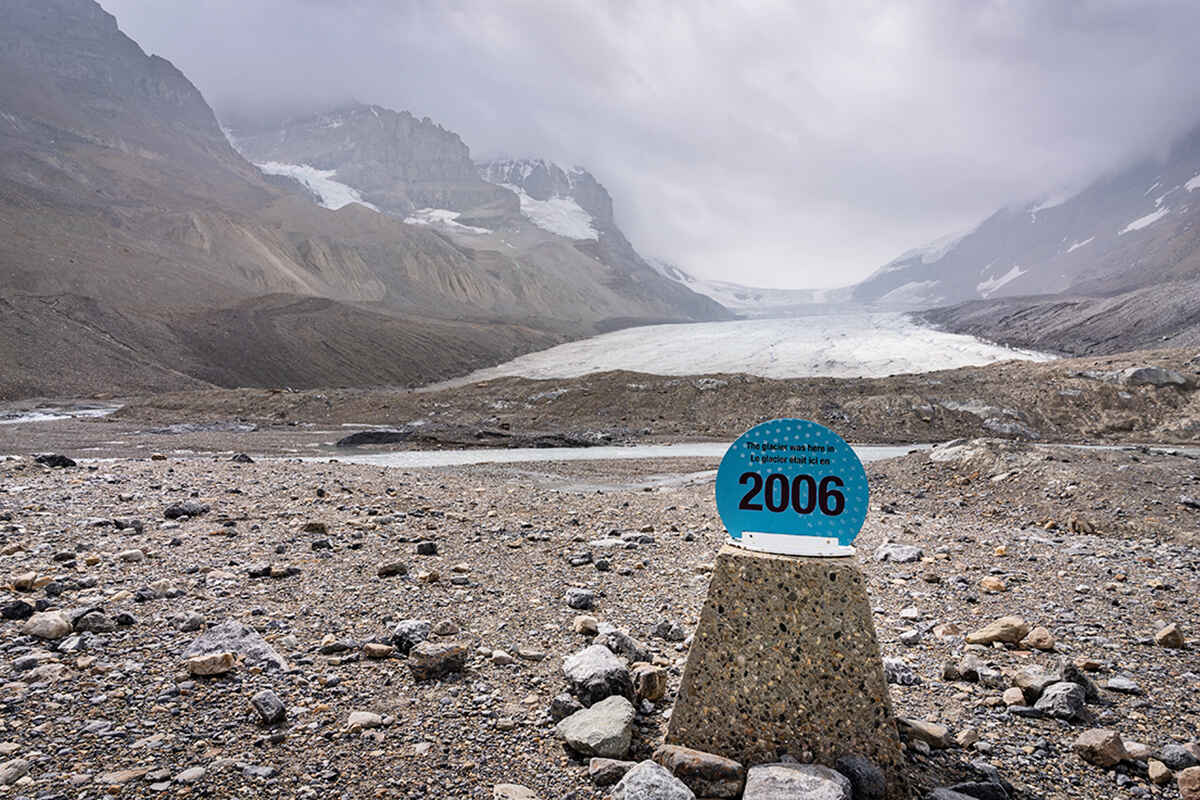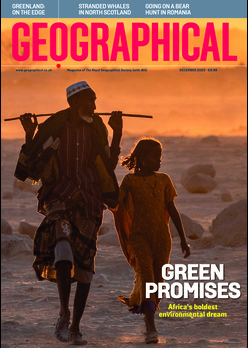
In his intelligent and precise book, Five Times Faster, Simon Sharpe argues we need a change in ideas and policy, along side energy infrastructure, before it’s too late
Review by Mark Rowe
Two groups usually get blamed for inaction over climate change. First are the vested interests, from oil companies to political leaders with a short-term eye on re-election; the second is us, the public that demands action yet happily flies on holiday while, as Simon Sharpe puts it, ‘self-consciously buying reusable coffee cups’. The subject of this intelligent, incisive book is a third group, often hidden in plain sight: the ranks of economists, diplomats, scientists, policy makers and government advisers who frame the discussions and agendas. Because these tend to be the only people who understand the granular detail, they end up setting the targets and signposting how to reach them.
What we actually need, Sharpe argues, isn’t just a transition of infrastructure, from coal and gas to solar and wind, but a similar step change in ideas and policy. The prevailing view – we know the solutions, we just need the political will, we’ll muddle through – no longer stacks up.
Sharpe is well qualified to speak brutally because he’s a member of that third group – a species known, sometimes dismissively, as ‘policy wonks’ – a former government policy adviser on energy and climate change, and deputy director of the UK government’s Glasgow Cop26 unit.
His book’s title, Five Times Faster, refers to the urgency of our predicament. Are we making progress towards climate change targets and emissions reductions? Yes and yes, but momentum is juddering at best. ‘Glacial’ might be the go-to metaphor were it not for the fact that glacier melt is happening at an unprecedented pace. Over the past two decades, emissions for greenhouses gases for each unit of global GDP decreased by just 1.5 per cent per year. To keep the climate relatively habitable – to cap warming at less than 1.5°C above pre-industrial levels – that annual decrease needs to be eight per cent, or (roughly) five times faster.
Sharpe comes across as unfussy, practical and wry. His frustration, both with the system within which he worked, and those who have (sometimes with good intentions) fudged decisions, is palpable. ‘We have subsidised solar panels,’ he points out, ‘oil firms have been fined, coal-burning power plants have been demolished.’ Yet still, every year, we pump more planet-warming gases into the sky than we did the year before. The UK isn’t exempt. We pride ourselves on being the most wildlife-loving nation, where we’re consistently told we have had a decade of ‘world-beating environmental legislation’, but our rivers and seas are sewers and, in reality, we live in one of the most nature-depleted countries on the planet. Banging the same spanner on the same engine isn’t working.
Scientists have asked the wrong questions for too long, he reasons, producing studies on how climate change will affect skiing and the wine industry rather than the risk of the planet boiling over. That’s true, but perhaps they turn to such headline-grabbing research because we – the media, the public – find the bigger picture too scary or abstract to grasp. He’s also unhappy with the diplomats who allowed the Paris Agreement to be watered down, calling it the ‘greatest public relations gamble in history’. Here he again perhaps overlooks the immense pressure of real-world politics to secure something, anything, that wouldn’t prompt key nations to walk away.
Each chapter covers what its heading implies, from the bleak ‘runaway tipping point of no return’ to ‘better late than never’. Logic and flow are fluent, while the startling data and firm analysis will be lapped up by his peers in the decision-making sphere and give the rest of us sleepless nights. For example, with a 4°C rise in temperature, there’s a 30 per cent chance of whole months in northern India during which it would be too hot to work outdoors. With a 7–8°C rise, that likelihood increases to 80–100 per cent.
Perhaps Sharpe’s most alarming revelation is that no institution, from the Pentagon to the insurance industry, has actually done the deep-scenario thinking or, if they have, they’ve elected not to pass their findings on to their political masters. Our predicament, he says, is akin to that of a frog in a gently warming pot of water. The frog ignores the warming water and is eventually cooked. In five minutes, the frog is unlikely to boil to death, but in 15 minutes, it’s absolutely certain. What that frog needs, says Sharpe, is a chief scientific adviser to give it hard truths.
Among a broad sweep of solutions, Sharpe argues that we’ve become ‘prisoners of the wrong dilemma’, seeking economy-wide emissions cuts when the focus should be sector-specific. Without regulation forcing a faster shift of investment through the car, shipping and aviation industries, transport emissions will simply keep going up. Rather than seeing other nations as environmental friends or foes, we need to work together; without such international understanding and cooperation, the shift to net zero will be delayed by decades.
By the time you’ve finished this highly readable book, the frog in that pot will be that little bit warmer. Will it read the memo and turn the gas down in time? Sharpe admits he’s unsure.




